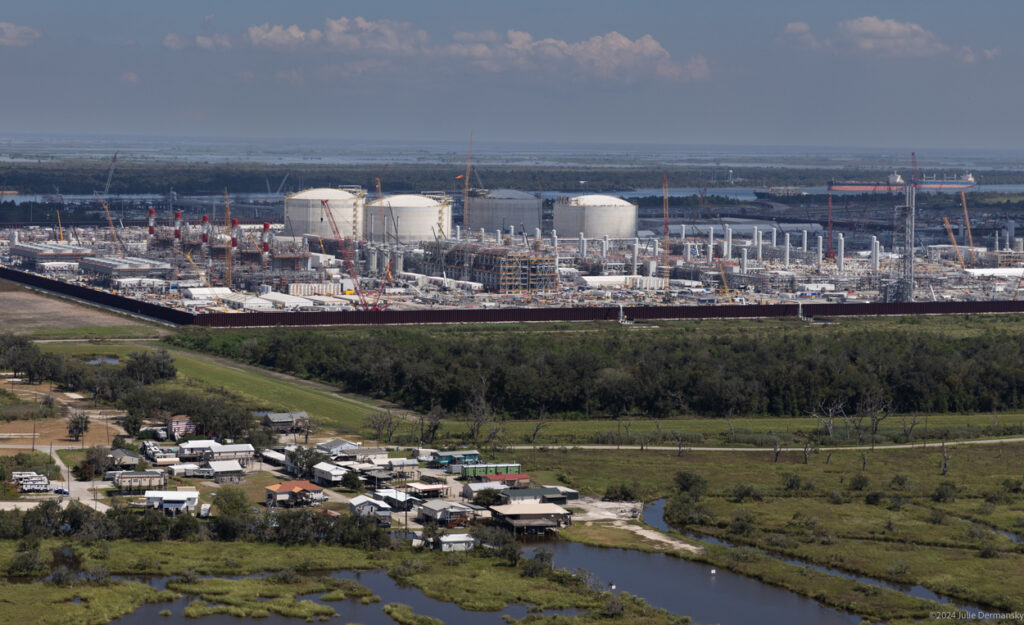Global economies must lower carbon emissions by at least five times the levels currently achieved, according to the 2014 Low Carbon Economy Index compiled by PricewaterhouseCoopers (PwC).
The report – Two degrees of separation: ambition and reality – clearly shows that the global economy has missed the decarbonization target needed to limit global warming to 2 ̊C for the sixth year in a row.
The Low Carbon Economy Index paints a bleak picture of what might happen if politicians and national governments don’t soon get much more aggressive at fighting climate change.
“Confronted with the challenge in 2013 of decarbonizing at 6% a year, we managed only 1.2%,” the report noted.
“To avoid two degrees of warming, the global economy now needs to decarbonize at 6.2% a year, more than five times faster than the current rate, every year from now till 2100. On our current burn rate we blow our carbon budget by 2034, sixty-six years ahead of schedule. This trajectory, based on IPPC [Intergovernmental Panel on Climate Change] data, takes us to four degrees of warming by the end of the century.”
But the index also provided some optimism for the future.
Firstly, it said that the E7 group of emerging economies — China, India, Brazil, Mexico, Russia, Indonesia and Turkey — “appears to have woken up to the business logic of green growth, decarbonizing faster than the G7 for the first recorded time, and substantially so.”
Secondly, it added that in addition to improvements in energy efficiency there has been a rapid growth of renewable energies across both the E7 and the G7, which includes Canada, France, Germany, Italy, Japan, the United Kingdom and the United States.
Referring to recent International Energy Agency data, the report notes that renewables represent 22% of global electricity supply. “Looking forwards, as some renewables approach cost parity with fossil fuels, the stage is set for a policy framework that could further accelerate the renewables roll-out.”
The report added that “avoiding more than two degrees will depend on both G7 and E7 continuing to decouple growth from carbon.”
In an accompanying media release, it also said “2°C of warming is the limit scientists agree is needed to ensuring the serious risks of runaway climate change impacts are avoided.”
Leo Johnson, partner, PwC sustainability and climate change, said that because of a decade of carbon inertia humankind now has to decarbonize at more than five times its current rate to avoid 2°C.
“Making up for the inadequacy to date will be technologically harder, financially costlier, and climactically riskier in the future,” Johnson said.
Jonathan Grant, director, PwC sustainability and climate change, added there has been a subtle change in the carbon rhetoric over the past 12 months.
“The costs of climate inaction – from flooding to energy costs to commodity pricing, to food insecurity – appear to be growing stronger,” Grant said. “A broader recognition is needed by both business and political leaders that taking decisive action to avoid the extremes of climate change is a pre-condition for sustained economic growth.”
In a related article, Grant said the gap between what governments say about climate change and what they are actually doing about it continues to widen.
“While they talk about two degrees at the climate negotiations, the current trend is for a 4C world,” he said. “There is little mention of these two degrees of separation in the negotiations, in policy documents, in business strategies or in board rooms.”
Image credit: Global warming effect in city via Shutterstock.
Subscribe to our newsletter
Stay up to date with DeSmog news and alerts







